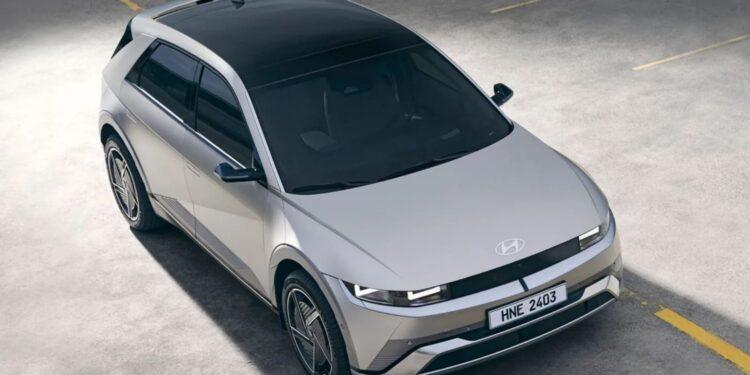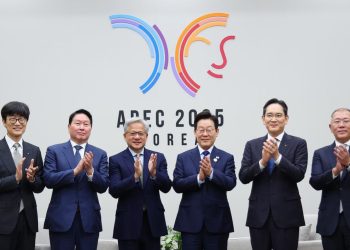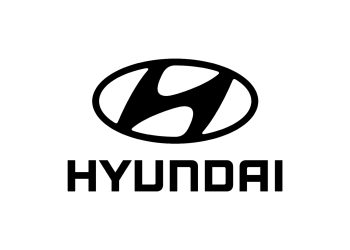Hyundai Motor has decided to temporarily halt production of its Ioniq 5 and Kona Electric models due to slowing demand for electric vehicles (EVs). Sources confirm that the company will suspend operations at its Ulsan Plant 1 from February 24 to 28, aiming to adjust production volumes amid weakening domestic sales and decreasing orders. The suspension will affect the Ioniq 5 production line, which is exclusively dedicated to this model at the South Korean facility.
The move comes as both Hyundai and its subsidiary Kia face sluggish EV sales, prompting them to launch discount campaigns to boost demand in South Korea. Though expected to last only a week, the production stoppage raises concerns about the ongoing slowdown in the global EV market and the uncertain effects of shifting EV policies, especially in the U.S.
The production halt, affecting both the Ioniq 5 and Kona Electric models, comes as Hyundai faces a significant decline in domestic EV sales. In January 2024, only 75 Ioniq 5 units were sold, contributing to a disappointing total of approximately 16,600 units for the year. This is far below market expectations, prompting the automaker to introduce discounts and other incentive schemes to revitalize consumer interest. Hyundai has slashed prices by up to 5 million won ($3,450) on several models, including the Ioniq 5 and Kona Electric, to boost demand.
The slowdown in EV sales is attributed to a variety of factors, including a global shift in consumer behavior and policy uncertainties, particularly in the United States. Hyundai’s internal memo highlighted concerns about the impact of potential changes to U.S. EV policies under the second Trump administration, which could prolong the downturn in EV demand. Additionally, Hyundai’s increased local production of the Ioniq 5 at its new Georgia facility in the U.S. has led to a reduction in exports from South Korea, further affecting domestic production volumes.
Despite these challenges, Hyundai does not view the production suspension as a sign of crisis but rather as a strategic move to recalibrate in response to shifting market conditions. The company has already started ramping up Ioniq 5 production in the U.S. and plans to continue focusing on regions with higher demand. By moving some production capacity to its new U.S. facility, Hyundai aims to better align with the growing demand for EVs in North America while still addressing the downturn in the South Korean market.
Hyundai’s ability to balance production with fluctuating demand will be key to maintaining its position in the competitive EV market.
Kia, Hyundai’s sibling company, also saw a notable increase in U.S. sales, rising 12% year-on-year to 57,007 units in January, its best-ever monthly sales. The surge in sales was largely attributed to the strong performance of its SUV lineup and the successful launch of the K4 sedan. In South Korea, Kia is offering discounts on models such as the Niro EV, EV6, EV9, and Bongo EV, with reductions ranging from 1.5 million won for the EV6 to 3.5 million won for the Bongo EV. These discounts, available in addition to government and local incentives, are part of Kia’s strategy to promote EV adoption and ease the financial burden on customers.
Hyundai, in a similar move, is offering substantial discounts for the Ioniq 5, with promotions ranging from 1 million to 3 million won. Additionally, the company launched the “2025 Every Care” program, which includes EV inspection services, fire safety assurance, and residual value guarantees to enhance the ownership experience.
While these promotional strategies could help stimulate demand, the risk remains that reducing production capacity temporarily might lead to supply shortages if the market rebounds faster than anticipated. However, Hyundai’s strategy of diversifying production across multiple locations, including its new U.S. facility, could mitigate some of these risks by providing greater flexibility in response to shifting demand patterns.







